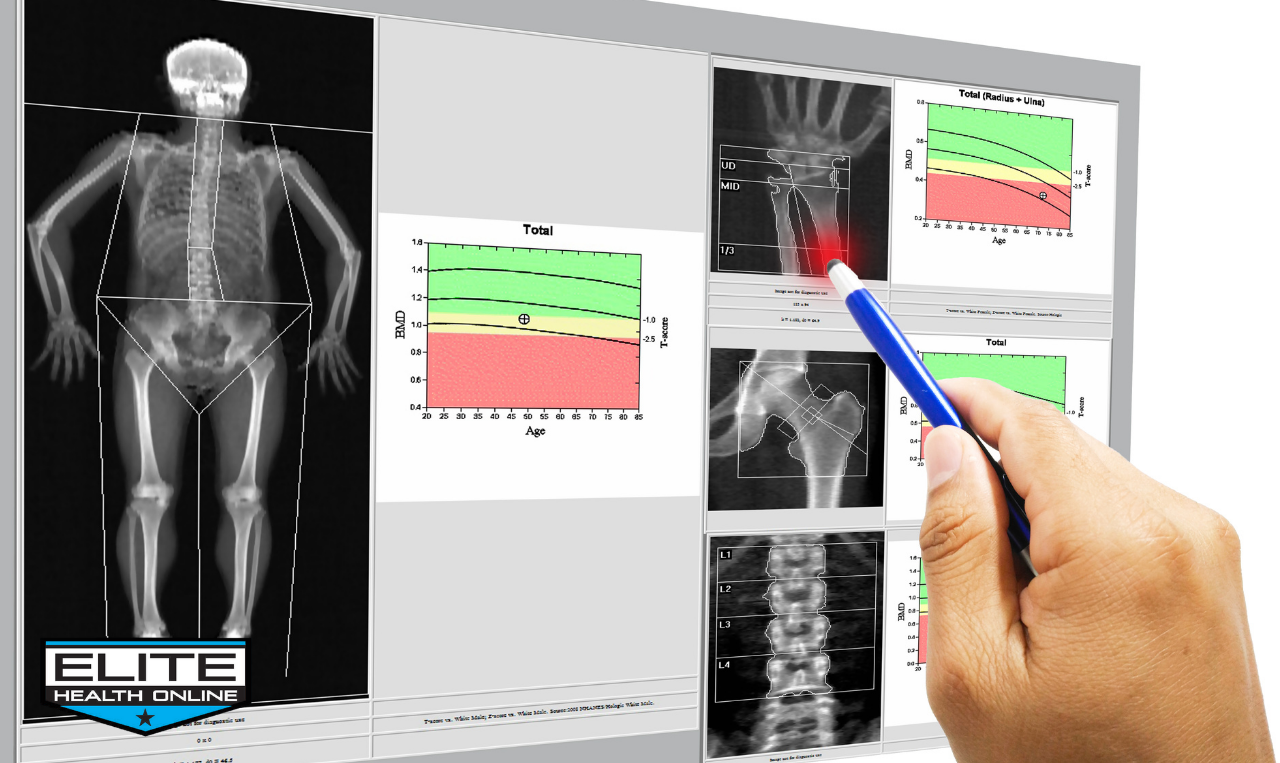
Healthy Bones and Joints
Let’s dive into a quick biology lesson to refresh our minds about how bones,
joints, tendons, and ligaments work in our bodies. Bones are the hard, white materials that
make up the skeleton of the human body. Two bones that connect make a
joint, like in the knees and the hips. A tendon is the collagen tissue that
connects muscle to bone. Finally, a ligament is collagen tissue that connects
bone to bone, holding up the joint together.
Joints allow the human body to move freely – the more movement the body
gets, the less stiff the joints are and the more flexible one can be.
Essentially, collagen is soft, and the ligament is protected so that bones
don’t rub together and end up damaging the joint.
Over time, the collagen in your body will change due to the natural aging
process. Other ailments may cause damage to the joints through injury or
repeated weight bearing on the same joint in the same way, like carrying a
heavy item such as a purse or bag all the time.
Common Ailments to Bones and Joints
Aside from age, long-term weight trauma, and injuries, other common bone
joint deterioration can come in the form of disorders or diseases
● Osteoarthritis
o Most common joint disorder
o Reduction or elimination of cartilage between joints
o Causes joint pain and/or swelling
o Caused by age, weight, injury, and/or genetics
● Osteoporosis
o Most common bone disease
o Bones end up being more likely to fracture over time due to loss in strength and composure
o Causes shrinking in height or stooped posture
o Caused by loss of estrogen, genetics, smoking, alcohol and/or absence of menstrual cycles for a long period of time
● Bursitis
o Swelling and/or irritation of a bursa sac, which cushions muscles, joints, and tendons
o Causes stiffness, redness, and pain
o Caused by overuse, trauma, infection, or the cause can be unknown in some people
● Rheumatoid arthritis
o Long-term autoimmune disease
o More common amongst middle-aged people
o Causes morning stiffness and pain in the joints
o Caused by unknown conditions suggested to be genetic
Deterioration
After learning about what types of disorders and joint ailments can exist or
how they can present themselves in the body, let’s take a look at how to
prevent the deterioration of joints. We cannot, of course, prevent the natural
aging process, but we can take care of our bones for long-term optimal health.
Taking care of your bones will also help protect the collagen between them.
Painful joints do not sound like the fun answer!
Bone and joint health can be protected through:
● Nutritious diet with plenty of vegetables and protein
● Strength training
● Regular physical activity and movement during the day
● Protecting joints with gear (knee pads, elbow pads, helmets, etc.)
● Core exercises
● Balance and mobility training
● Weight management
● Getting enough vitamins and minerals, especially vitamin D and Calcium
● Avoid overuse or joints and muscles
● Take collagen supplements
● Know your limits! Don’t overdo physical activity.
Importance of Collagen
Collagen is an important protein in the human body, and it is the most
abundant protein, too. It is the glue holding your body together, and
it deteriorates over time and will not offer the same quality support it once did.
Since there is so much collagen in the body, there are 16 different
types that exist and are found all throughout different parts of your body. Collagen is enhanced by
things like vitamin C and copper. On the flip side, collagen is damaged by
things like excessive sugar, sunshine, and smoking.
So, just because it is abundant and found everywhere in your body, why
exactly is it important? Collagen keeps your joints smooth, soft, and pain-
free! It also helps keep your skin elastic and youthful.
Without it, your bones and joints would lack structure, so keeping
the collagen in your body healthy will help everything stay balanced as you age.
Nutrition and diet, provide support for your body in continuing to
build collagen, however that might not be enough.
Collagen supplements may be useful if nutrition and exercise are not
enough.
Collagen supplements can help replenish collagen levels when they
are not being produced enough in the body. Collagen supplements can also
aid in pain reduction as well as muscle and joint function. If you do have a
diagnosed joint disorder or disease, talking to a doctor may be helpful to figure
out if this supplement is the right solution for you.
Healthy Bone Habits
If your joints are already aching such as, shoulders, knees, hips, ankles then it
may be time to evaluate your current routine and see what needs
improvement. Getting enough sleep, calcium, vitamin D, and protein, as well as
exercise and physical movement can be enough to promote good bone health.
Collagen production and supplementation can be good
alternatives for when diet and exercise are running you dry. Bone and joint
health are equally important for the sexes, but women especially are more
prone to ailments such as osteoporosis due to the genetic makeup of females.
Start your routine now, no matter how old you are or where you are at in your
journey. Building muscle and getting stronger will ultimately allow your bones to
stay strong for a lifetime of good health and mobility. When you find yourself
sitting at your work desk for a long period of time, set a timer to get up
every hour even if it is just for five minutes.
You got this! Longevity starts today, not tomorrow. Keep
those bones, muscles, and joints in tip top shape so you can keep moving and
grooving through old age and more.

